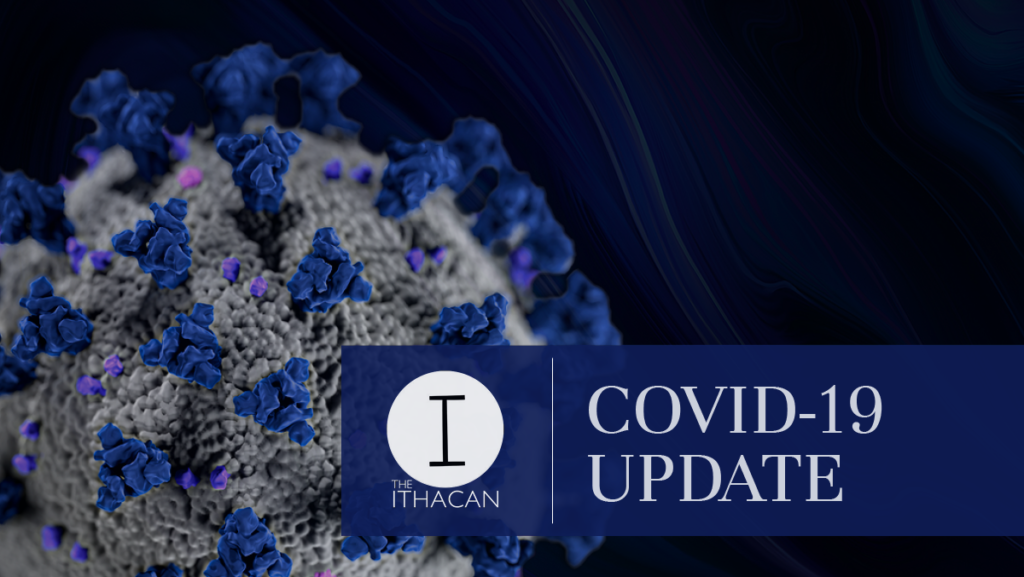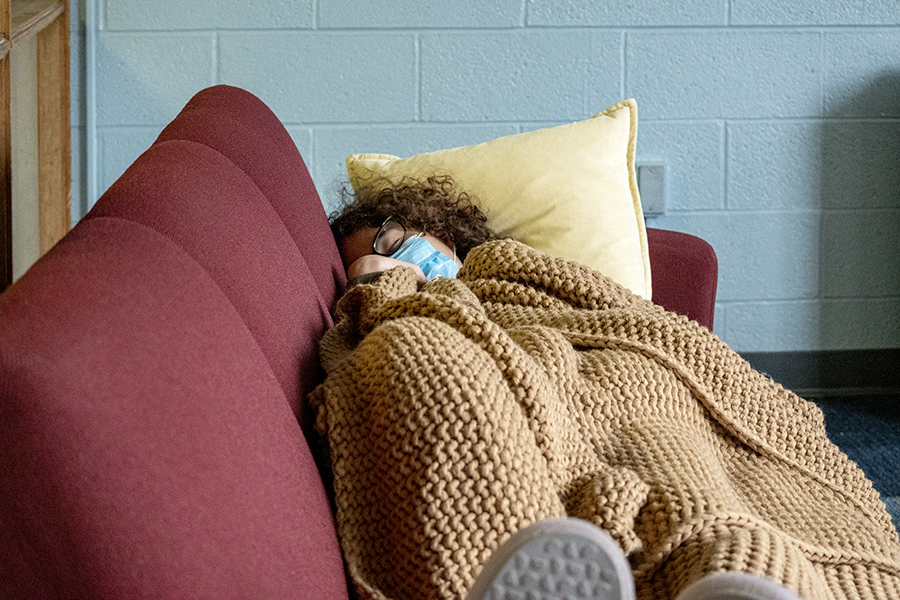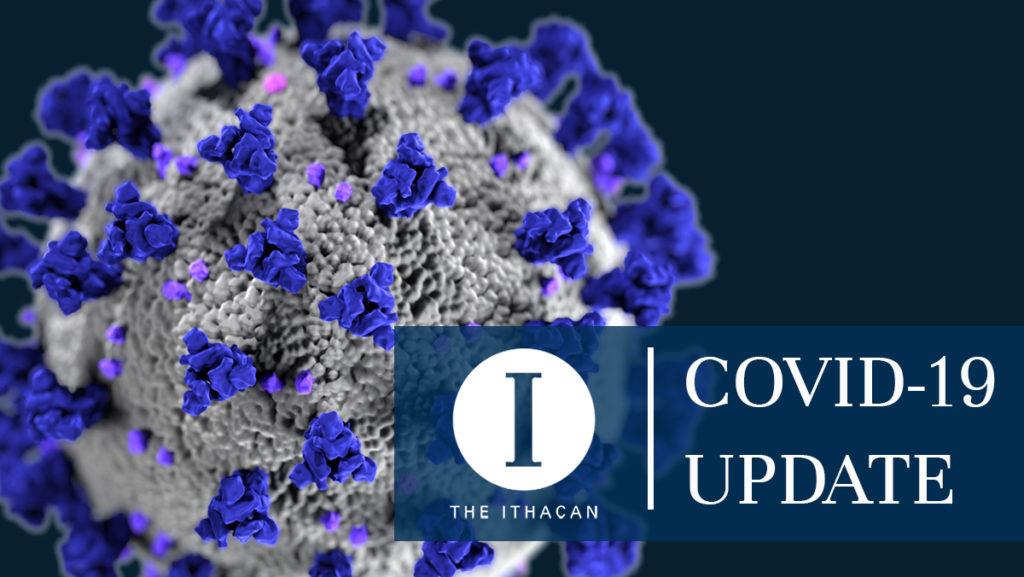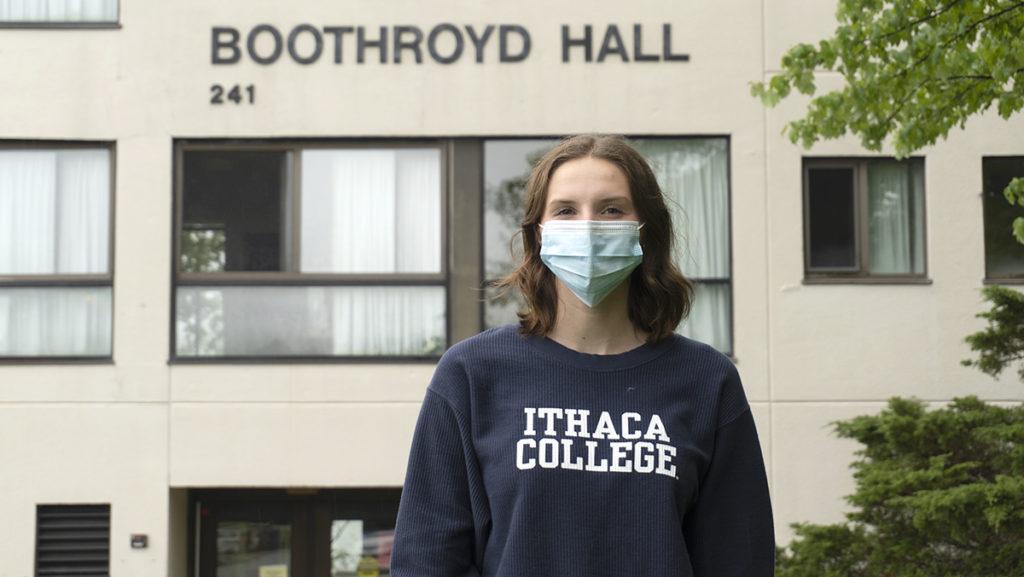Twenty–one cases of COVID-19 linked to social gatherings have been reported among Cornell University students.
The Tompkins County Health Department announced Aug. 28 that nine COVID-19 cases in the county were related to several small gatherings in which social distancing and mask wearing were not observed. Cornell University confirmed Aug. 29 that these individuals were Cornell students. At the Tompkins County Legislature meeting Sept. 1, Frank Kruppa, Tompkins County public health director, said the health department’s contact tracing found that there were an additional 12 cases among Cornell students related to these gatherings. These new cases have not created additional exposures because they were among students who were already quarantined, Kruppa said.
“We have tried to be clear in our messaging that it’s really important that it’s not just the size of the gathering but also continuing to wear masks and social distancing,” Kruppa said. “Seeing the number go from nine to 21 is a big jump, but the important thing to note is that all the new cases that have been identified since Saturday have been amongst individuals that were in mandatory quarantine as a close contact. So our work as case investigators in contact tracing is working.”
There are over 24,000 students at Cornell. Classes are set to begin Sept. 2 with a mix of in-person and virtual instruction. Gov. Andrew Cuomo announced Aug. 27 that if a college has 100 cases, or if the number of cases equals five percent of its student population, it must shift to remote learning for two weeks.
Ryan Lombardi, Cornell’s vice president for student and campus life, encouraged students to get tested if they think they have been exposed or if they experience symptoms including fever or chills, cough, shortness of breath or difficulty breathing. Lombardi said in a statement that some Cornell students have been placed on temporary suspension for violating the university’s Behavioral Compact. Similarly, Ithaca College’s Community Agreement states that members of the campus community should adhere to social distancing guidelines and avoid mass gatherings. Cornell has an online reporting tool for individuals who break this agreement, and Ithaca College is set to release its own online reporting system in the coming days.
Christina Moylan, Ithaca College’s director of public health emergency preparedness and student affairs and campus life, said this rise in cases will not affect the college’s reopening plan. This plan includes frequent testing, daily screenings, physical distancing and cleaning and disinfection on campus. The college shifted to remote instruction for the fall semester, but some students in the health sciences will be attending classes on campus, and students with extenuating circumstances may also be allowed to live on campus. However, most facilities, including the fitness center and the library, will not be open this semester.
Moylan said that students who have attended a gathering but are asymptomatic are encouraged to get tested at the Athletics and Events Center. Testing will be available from 8 a.m. to 2 p.m. Sept. 4 for employees and off-campus students and 2 p.m. to 4 p.m. for on-campus students. Testing will also be available from 9 a.m. to 10 a.m. Sept. 5 for employees and off-campus students and 10 a.m. to 1 p.m. for on-campus students.
Students who are symptomatic are not allowed at the on-campus test center and must go to the sampling site at The Shops at Ithaca Mall.
There are 32 active cases of COVID-19 in Tompkins County as of Sept. 1, according to the Tompkins County Health Department. Cornell’s COVID dashboard reports the data for the previous day, with five new positives by day for Aug. 31 and 20 new positives in the Cornell community from the week of Aug. 25 to Aug. 31. This is categorized as a “new normal” level at the university, the lowest level.
Moylan said that of the tests Ithaca College has conducted for the campus community, there have been no positives. The college is set to release its own COVID dashboard with more data this week, Moylan said.
Moylan said the rise in positive COVID-19 cases shows the importance of individuals’ behaviors.
“We will need to hold one another accountable,” Moylan said via email. “It is important that each one of us model good public health behaviors and make it a priority that others around us do the same. Our ability to return to campus as a whole community for a spring semester really counts on this.”











